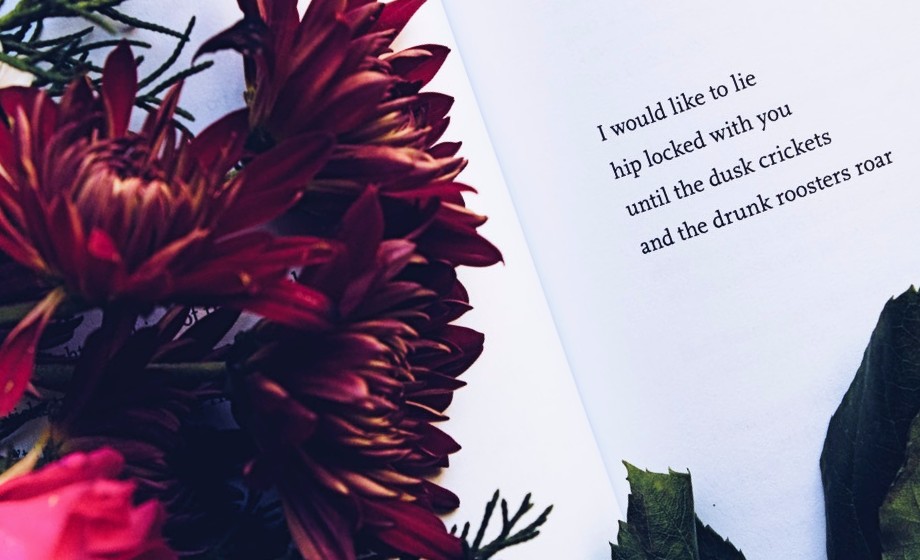Poems have been in existence since time immemorial. Notable people from the past have written pieces of history through poetry. And people, especially students, read them (albeit some are required readings). But there would be at least one poem that someone remembers, someone that is not into literature, much less poetry. Ask around, and you’d hear people either quote some lines from or give out titles of the poems they remember.
Are poems really important?
Teaching poetry to children as early as possible would not only contribute to their vocabulary, they would have an exercise of their imagination as well. Poems with symbols such as “Caged Bird” by Maya Angelou may, at first glance, talk about just birds. But with deeper discussion and understanding, the poem can reveal a lot more, especially about freedom.
Poems are important in the sense that when appropriate words fail you but your emotions come to you in symbols, you can still express yourself and still get your message across.
Poems can be both treacherous and liberating
In history, there were times (and maybe there may even be upcoming times) when censorship took over the freedom of the people to speak freely. It has happened before (and still currently happening) that in order for one’s voice to be heard but not suppressed, some resort to writing symbolic poetry.
Poems resonate louder
Poems echo a lot louder to readers when they express emotions, use symbols, and are visually captivating. Compared to a prose of one’s opinions, a more visual and artistic presentation may attract more attention. Poems communicate through the way it looks (how it appears on the page), through how it sounds (some of the poems are written in rhyming patterns), and through how they make a reader feel over all. And that is why it is and will always be important.

